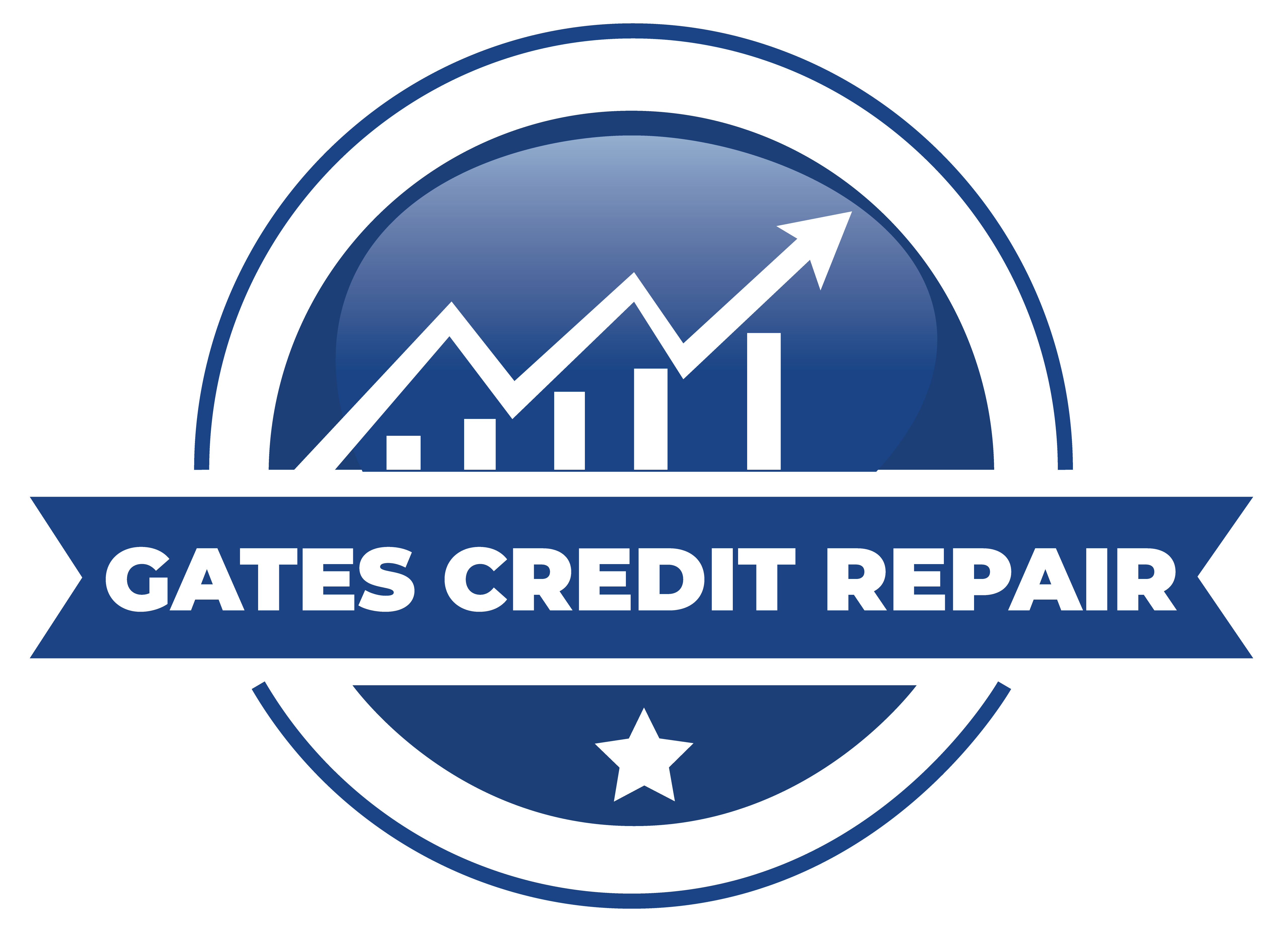how it works
What Is Credit Repair?
Credit repair is the process of fixing poor credit standing that may have deteriorated for a variety of different reasons. Repairing credit standing may be as simple as disputing mistaken information with the credit agencies. Identity theft, and they damage incurred, may require extensive credit repair work. Another form of credit repair is to deal with fundamental financial issues, such as budgeting, and begin to address legitimate concerns on the part of lenders.

Key Takeaways
Credit repair is the act of restoring or correcting a poor credit score. Credit repair can also involve paying a company to contact the credit bureau and point out anything on your report that is incorrect or untrue, then asking for it to be removed. You can do your own credit repair, but it can be labor intensive and time consuming.
How Credit Repair Works
Though numerous companies claim they can clean up bad credit reports, correcting erroneous information that may appear on credit reports takes time and effort. The details cited to credit reporting agencies cannot be removed by a third party. Rather the details, if misrepresented or inaccurate, can be disputed. Credit repair companies may investigate such information, but so can the individual the report is assessing. Individuals are entitled to free credit reports every 12 months from credit reporting agencies, as well as when an adverse action is taken against them, such as being denied credit based on information in the report.
Disputes may be filed when incomplete or inaccurate information appears on their credit reports. Aside from correcting such information, or catching fraudulent transactions on one’s credit, rebuilding and repairing credit can rest more heavily on credit usage and credit activity.
The payment history of the individual can be a significant factor on their credit standing. Taking steps to make sure payments are up to date or improve the payment schedule for outstanding credit can beneficially affect their credit score. Furthermore, the amount of credit used by the individual can also play a role. For instance, if an individual is actively using large portions of the credit available to them, even if they are maintaining minimum payments on time, the size of the debt they are carrying can negatively affect their credit rating. The issue is that their liquidity may be pressured by the overall debt!

